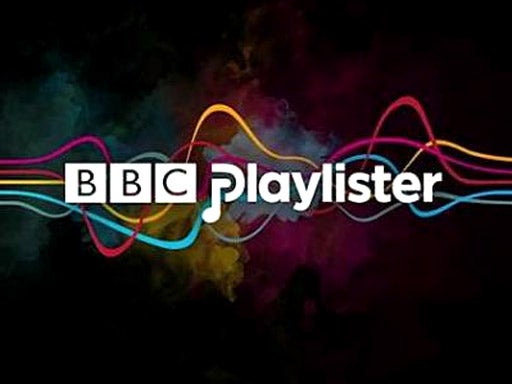BBC reveals new digital music service Playlister aligned with YouTube, Deezer and Spotify - but service is not competitor to Apple’s iTunes
Service allows listeners to tag tracks played by BBC radio presenters and songs performed on BBC television shows and then export them from their personal playlist to a chosen music streaming service

The BBC has gone live with a landmark global music service that aligns the corporation with the commercial music brands YouTube, Spotify and Deezer.
Outlining the new Playlister service, the BBC said it was “not offering the club card mentality” and it was confident that the relationship with big commercial partners would not compromise trust in the BBC’s ability to manage data on the user habits of licence fee payers.
Playlister allows listeners to tag tracks played by BBC radio presenters and songs performed on BBC television shows such as The Voice, and then export them from their personal playlist to a chosen music streaming service. Users are then given a warning that they are leaving the BBC’s services to enter a commercial environment.
The BBC maintained that its service was not a competitor to Apple’s iTunes download service. Apple, which will launch its iTunes radio service to UK audiences next year, said yesterday it had “no comment” on the BBC initiative.
Playlister has been enthusiastically endorsed by the British music industry, which will benefit from increased performing rights revenues from the big music streaming partners. The service offers the BBC an opportunity to extend its influence internationally as a tastemaker and curator of music. It will be included in a new globally-available BBC Radio app and be part of the revamped BBC iPlayer. On Tuesday, Lord Hall, the BBC Director General, called for a more “personal BBC”, where audiences sign in to iPlayer and are offered programme suggestions according to their previous use of BBC services.
At the beta stage launch of Playlister today, Bob Shennan, head of BBC Radio 2 and 6 Music, said: “A big issue right across the BBC is that you offer a more personalised service which is clearly data driven. You do it from a pure public service motivation rather than some commercial rationale. We are not offering the club card mentality. But we are living in a world where a lot of our audience expects us to know who they are. They live in a world where they expect to sign in but it’s really important that what they get from the BBC is an enhanced service rather than exploitation.”
The worldwide reach of Playlister offers a great opportunity for BBC radio presenters – especially the specialist music experts such as Radio 2 presenter Jo Whiley, who featured in the launch presentation. BBC Radio1 presenter Zane Lowe spoke of his excitement of the potential for having greater influence but said he had not considered the commercial possibilities. “I just want to play the records to as many people who care about them as possible. I want to see great artists have great careers and audiences to have great experiences.”
Mark Friend, controller of multi-platforms and interactive at the BBC, said that the BBC was willing to work with other commercial partners on Playlister but would not discuss whether talks had been held with Apple. He pointed out that BBC radio services are already internationally available online and that Playlister would “build on that”.
Spotify is to include a dedicated BBC Playlister area in its own site, initially showcasing BBC shows ranging from BBC2’s Later with Jools Holland to Lauren Laverne: People’s Playlist on BBC 6 Music.
David Balfour, contributing editor to online music business publication Record of the Day, said that Playlister would find a different audience to iTunes radio. “It would be nice for Apple if Playlister was also on their platforms but that does not work for the BBC which wants people to be able to listen to tracks immediately and in full and Apple’s structure does not allow for that,” he said.
He predicted that some record companies would not want the BBC to make songs available in all global markets at the same time. “It might not be seamless and there could be points of tension, especially when you look at the international picture.”
Subscribe to Independent Premium to bookmark this article
Want to bookmark your favourite articles and stories to read or reference later? Start your Independent Premium subscription today.

Join our commenting forum
Join thought-provoking conversations, follow other Independent readers and see their replies